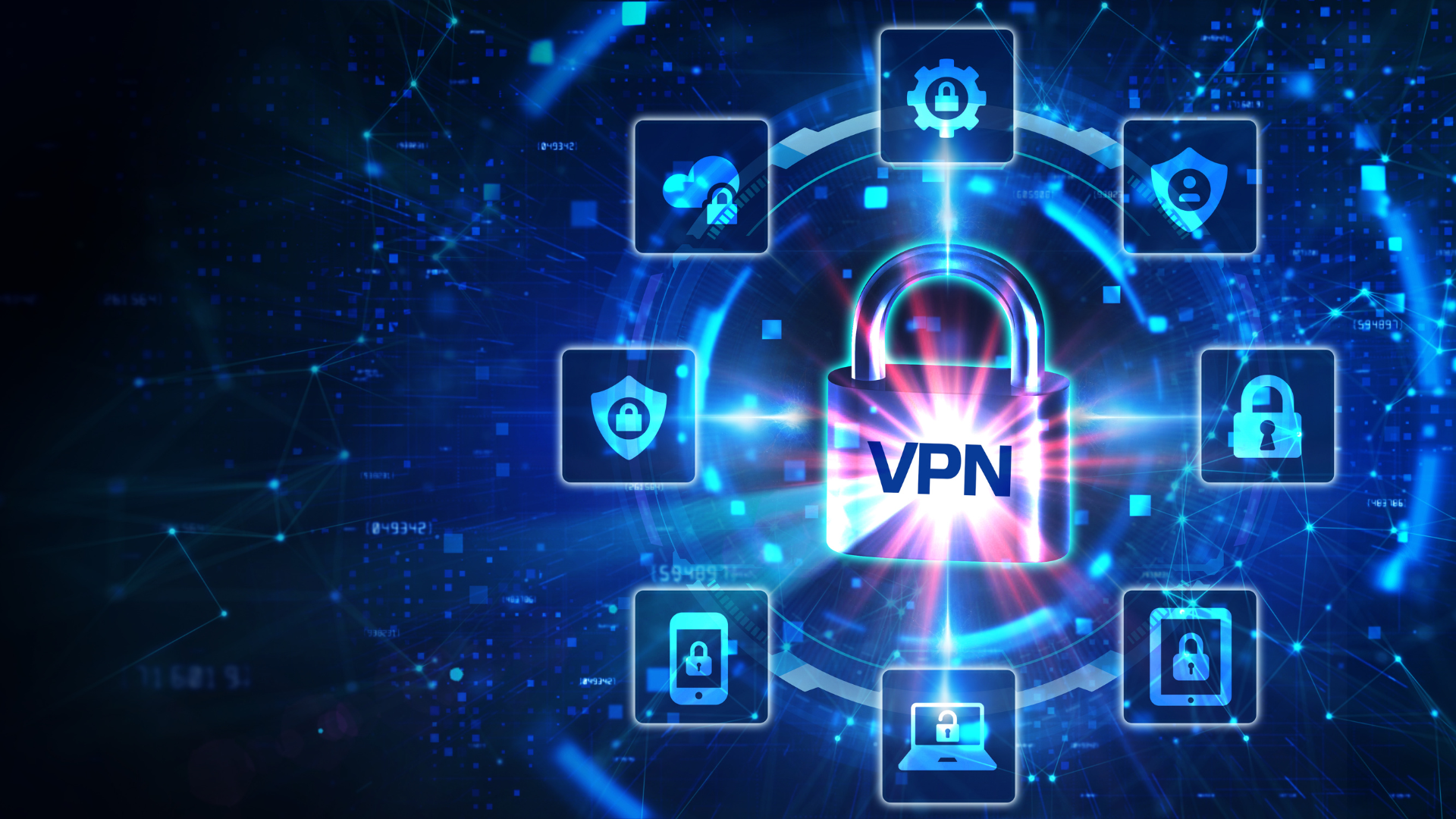A VPN (Virtual Private Network) is a secure connection that can be used to connect to the internet. Experts recommend using a VPN for protecting your privacy and security when browsing the web. But what is it exactly, and if you should use one? Here are some important facts to consider:
What is a VPN?
VPNs can be used to protect your privacy by encrypting your internet traffic and then routing it through a remote server. This protects you from snooping by your internet service provider, hackers, and other third-party trackers. But, there are some potential drawbacks to using a VPN. First, if you’re using a public Wi-Fi network, anyone on that network can see your traffic flowing through the VPN. Second, because they encrypt your traffic, they may slow down your internet connection overall.
Why do you need a VPN?
VPNs are a fantastic tool for those who want to keep their online activity safe and private. They allow you to visit sites that may not be authorised in certain geopolitical regions. For example, you’re in a new country and want to access videos on Sex Mature XXX or a similar site, you would need to connect to a remote server, which encrypts your traffic and hides your identity from snooping eyes. Plus, they can be used to bypass geo-blocking and access content that would otherwise be unavailable in your region.
However, there is no guarantee that all VPNs are safe. Some may contain malicious software or adware, which could infect your computer or steal your data. Make sure you research any particular VPN before using it and be especially cautious if you’re not familiar with the platform. Always use common sense when online and beware of anything that seems too good to be true!
How to use a VPN
Using a VPN service can help keep your online activity and data safe. When you use it, all of your traffic is routed through an encrypted tunnel, meaning that anyone monitoring your internet connection will not be able to see your actual IP address. This also allows you to spoof your location, making it seem as if you are located in a different country.
VPNs are not 100% secure and should only be used when absolutely necessary. If you’re worried about privacy, it’s best to avoid using a VPN altogether and instead use a secure browser extension or app. However, using a VPN is generally safe and secure, provided you take basic precautions like choosing a reputable provider and using the correct security settings.
How to access blocked websites or apps
If you’re like most people, you’ve probably heard of VPNs-virtual private networks. These are tools that can help you access blocked websites or apps. But is using a VPN safe? And how do they work? In this article, we’ll answer these questions and more.
A VPN, or virtual private network, makes your computer seem like it’s somewhere else, like on the other side of the world. This lets you access blocked websites or apps. Here’s how it works: your computer connects to a server run by a trusted VPN provider, like nord vpn. Then, that server talks to the site or app you want to use and acts like your computer. So, the site or app thinks you’re in the same place as the server, like in America. And yes, using a VPN is safe! VPNs have lots of security features, like encrypted connections, which protect your data, even if someone tries to intercept it while you’re using public Wi-Fi networks.
Plus, many providers have policies in place that limit how much data users can use each month (or hour). So even if someone does manage to get hold of your data while you’re using a VPN, it’s unlikely that they’ll be able to use it without getting detected first. Finally, one important note about them: they only work for certain websites and apps. You can’t use a VPN to access blocked content from your regular internet browser. You’ll need to use a separate tool, like Tor, to access this kind of content.
Is VPN Safe for Torrenting?
VPNs are a popular tool for online privacy and security, but is it safe to torrent using one?
The short answer is yes, but there are some caveats. First, a VPN will encrypt your traffic and protect your identity so that ISPs and governments can’t track or spy on you. Second, if you use a reputable VPN provider with good encryption and security protocols, your torrenting experience should be safe. However, if you use an unsecured or less reputable VPN service, your data could be at risk. Finally, always make sure that the VPN you choose has a strong no-logs policy in case your activity is tracked by the provider.
VPNs are becoming increasingly popular as a way to protect your online privacy. A VPN creates an encrypted tunnel between your computer and the VPN server. All of your traffic travel through this tunnel, including your web browsing and data transfers. This makes it difficult for anyone monitoring your internet activity to see what you’re up to. VPNs are relatively safe for use, but there are a few things to keep in mind. Here’s what you need to know.
- Make sure that the VPN you choose is trustworthy. There are plenty of sketchy VPNs out there, so make sure to do your research before signing up.
- Always use a secure password when logging into your VPN account.
- Be sure to never disclose your personal information (like your username and password) to anyone else.
- Always be aware of who is watching what you do online and keep an eye out for suspicious activity that might indicate someone is spying on you.

